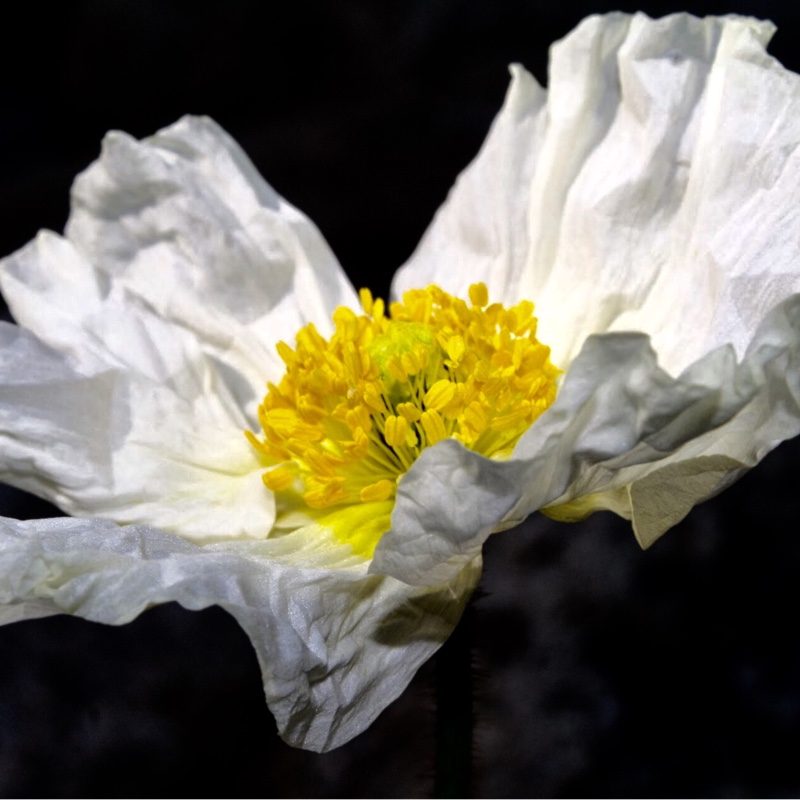
Papaver nudicaule 'Spring Fever White' (Spring Fever Series)
Icelandic Poppy 'Spring Fever White'
'Spring Fever' is an Icelandic Poppy (Papaver nudicaule). It produces white flowers in spring. Growing naturally in the wild, the species will produce one white poppy for every thousand or so red poppies.
Contributed by @crestiesneuk
-
Full sun to partial shade
-
Very little water
-
Frost Hardy: 23F (-5°C)
-
Free draining
Common name
Icelandic Poppy 'Spring Fever White'
Latin name
Papaver nudicaule 'Spring Fever White' (Spring Fever Series)
type
Herbaceous Perennials
family
Papaveraceae
ph
6.6 - 8.5 Acid - Neutral
Plant & bloom calendar
-
Best time to plant
-
When the plant will bloom
full grown dimensions
 0.30 M
0.45 M
0.30 M
0.45 M
Papaver nudicaule 'Spring Fever White' (Spring Fever Series)
'Spring Fever' is an Icelandic Poppy (Papaver nudicaule). It produces white flowers in spring. Growing naturally in the wild, the species will produce one white poppy for every thousand or so red poppies.
Propagation by seed in Spring
From Early Spring TO Mid Spring
Sow seed on compost and cover lightly with sifted compost. Keep moist. Be warned: the seed is like dust! For a longer flowering period, sow in succession, and you can get a display into late Summer. Alternatively, the seed can be sown direct into soil that as been dug over.
Planting Outdoors
From Mid Spring TO Late Spring
Where to plant poppies is critical to the success of growing them. They need to be in shade, in a sheltered site, preferably under trees or tall plants, where the soil is permanently moist. They do not usually survive in hot dry conditions.
Propagation by seed in Autumn
From Early Autumn TO Mid Autumn
Sow seed on compost and cover lightly with sifted compost. Keep moist. Be warned: the seed is like dust! Alternatively, sow direct in soil that has been dug over
Flowering
From Early Summer TO Early Autumn
Poppies flower from early Summer right through to early Autumn









